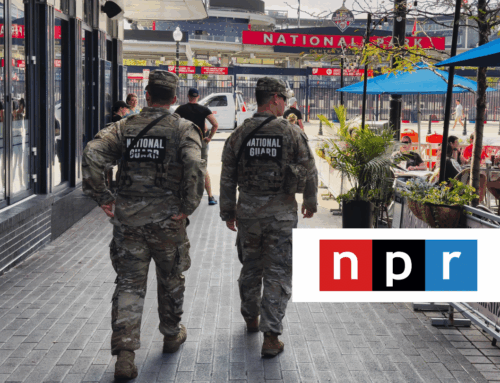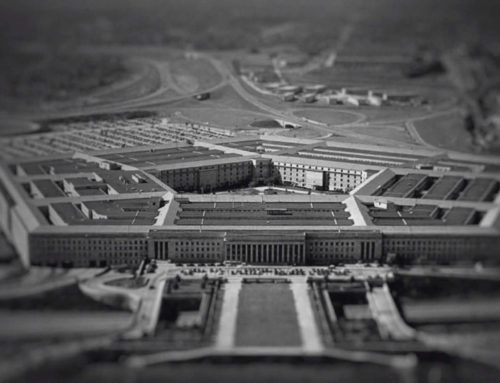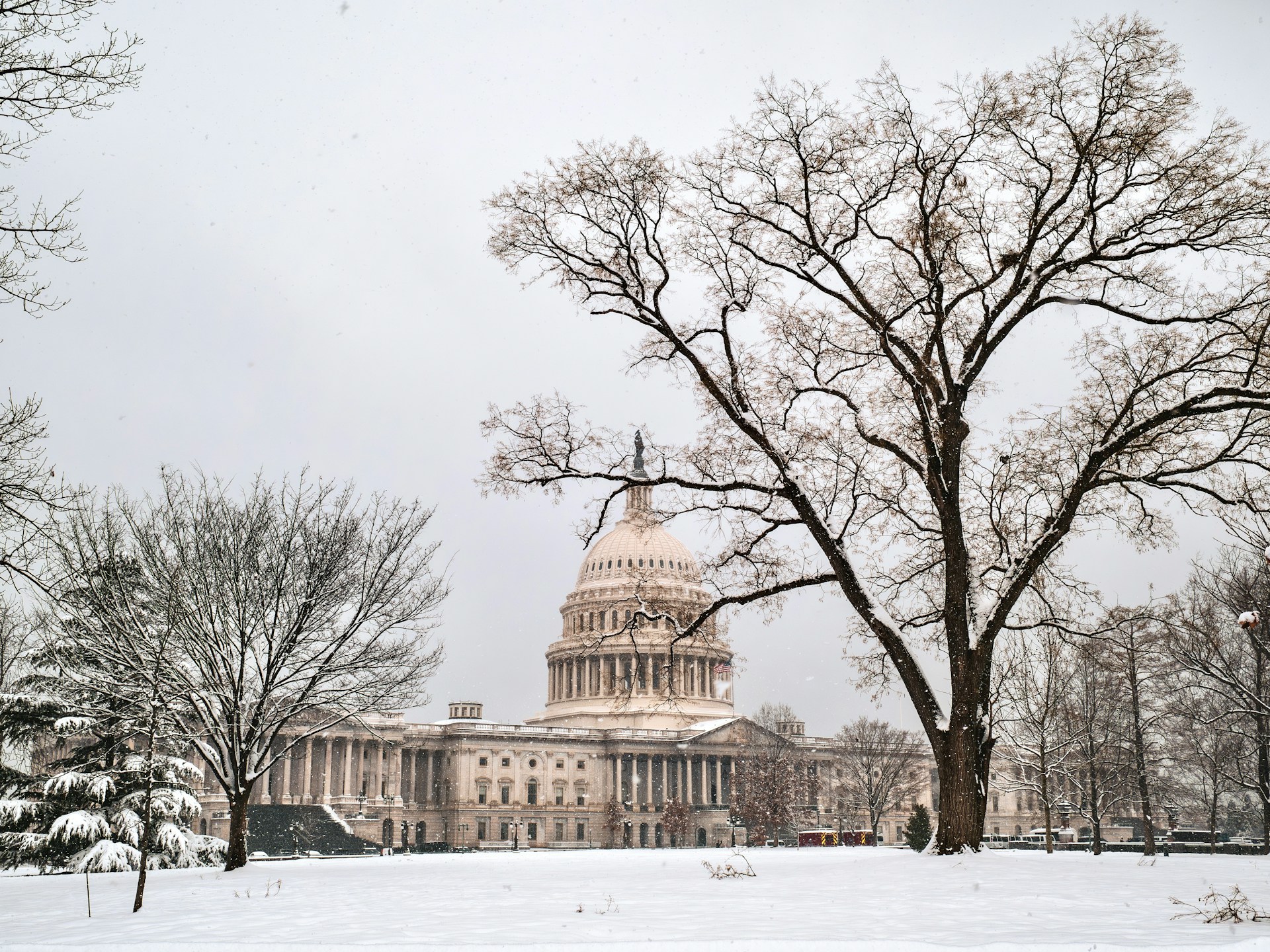(June 26) We found 13 undisclosed earmarks worth $1.35 billion in the supplemental, including $904 million for seven C-130J aircraft, $200 million for additional Stryker vehicles for the Army, and $80 million for wideband receivers for the Army's unmanned vehicle systems. It also includes $45 million redircected from the $600 provided to buy four F-22 Raptor jets to “avoid a work stoppage” by ensuring “work proceeds on schedule.” The administration requested $600 million for the aircraft to replace F-15s lost in combat, after which the line would shut down. This earmark redirects money to ensure the line stays open, and deletes $140 million in shutdown costs. Conferees also said funds may be used to “explore options to develop an export variant of the F-22A.”
(June 19, 2 p.m.) Congress sent a $106 billion emergency supplemental spending bill to President Obama's desk yesterday, its bottom line swollen by a $1 billion lemon of an amendment known as “cash for clunkers.” See the bill report here: We're scouring it for any last-minute additions, so stay tuned.
(May 15, 2:30 p.m.) The Senate Appropriations Committee added less than $2 billion to the bill's topline in yesterday’s markup of the 2009 emergency supplemental while managing to fund several Congressional initiatives.
The Committee made several cuts throughout the bill, such as zeroing out $415 million for the Iraq Freedom Fund, to pay for a few large additions. These include $1.5 billion for MRAPs; $246 million for new wing kits to the P-3 Orion aircraft, similar to the House; $150 million for A-10 aircraft repairs; and $500 million for National Guard and Reserve equipment.
Senators Feinstein and Bond claimed to have refrained from introducing an amendment to fund additional C-17 planes (see below) because of Chairman Inouye's support for the program: Inouye said they had “reason to be optimistic.” The markup also deleted $147 million in shut-down costs for the F-22 raptor, while adding $45 million to “replace” four F-15 and F-16 planes lost in combat with new F-22s.
The committee also reallocated $350 million originally slated for National Guard border security to the Homeland Security Department for investigative teams ($140 million); Justice Department law enforcement ($100 million); and the Department of Health and Human Services for implementing the Trafficking Victims Protection Reauthorization Act ($100 million).
Unlike House appropriators, several committee members disclosed their additions to the bill as earmarks. Committee Ranking Member Thad Cochran (R-MS) teamed with Roger Wicker (R-MS) to sponsor a $489 million earmark for the Army Corps of Engineers to perform Mississippi Barrier Island Restoration. He sponsored another $49 million earmark on his own to repair hurricane damage to a Mississippi army amunition plant. Senator Patty Murray (D-WA) sponsored a $4 million earmark for a “vision center of excellence” in Maryland. Other Congressional additions–for a Newport Bay Army Corps project (Feinstein), homeland security communications system (Cochran and Wicker) and flood relief for a North Dakota lake town (Dorgan and Conrad)–were funded by redirecting money within accounts.
(May 6, 2009) The House Appropriations Committee today boosted the total of what the Obama administration promises will be the last emergency supplemental bill to nearly $96.7 billion. In its markup of the legislation, the committee redirected $2.5 billion saved from DOD’s 2009 budget toward military personnel needs. A manager’s amendment introduced by Chairman David Obey (D-WI) rescinded money for items including Army SINCGARS radios and added money for replacement wings for P-3 Orion airplanes. It also inserted text into the report encouraging DOD to “explore” purchasing additional F-18 aircraft under a multi-year procurement program.
Many of the amendments introduced involved the closure of the Guantanamo Bay prison, for which the administration added—and the committee cut–$80 million. Other spending-related provisions required a cost analysis of the troubled NPOESS satellite program and cut more than $150 million for a National Security Agency data center in Utah, an “unauthorized” project lawmakers said wasn’t well-planned.
Despite a pledge not to earmark the legislation, lawmakers still managed to add billlons in “committee imperatives,” highlighted below. We’ll see what happens when the bill hits the House floor next week.
Additions for the Defense Department:
- $2.25 billion for eight C-17 Globemasters
- $904 million for variants to 11 C-130J planes
- $175 million for H-1 helicopters
- $90 million for three CH-47 helicopters
- $432 million to modernize 24 AH-64 Apache helicopters for the Army National Guard
- $244 million for Bradley Fighting Vehicles
- $190 million for UAVs including MQ-9 Reapers and MQ-1 Predators
- $2.1 billion for 800 MRAPs
- $338 million for 225 Stryker ambulances and 35 Engineer Squad vehicles
Additions for State, Foreign Operations and other activities:
- $214 million for troop housing in Afghanistan
- $422 million for diplomatic and security operations in Iraq ($336 million) and Afghanistan ($86 million), including public diplomacy
- $91 million for embassy construction and renovation in Pakistan
- $300 million for Global Health and Child Survival, including $200 million to track and contain swine flu in developing countries
- $94 million to aid Mexico in fighting drug violence, including three Black Hawk helicopters and $310 million for foreign military fincancing
- $260 million for foreign military financing to Egypt










